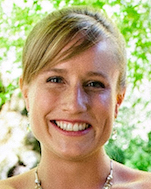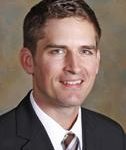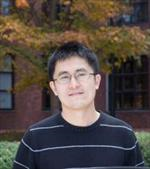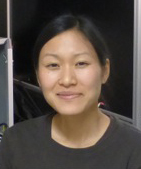Assistant Professor
Infectious Disease and Strategies for Trachoma Elimination
Dr. Oldenburg, Assistant Professor of Ophthalmology and Epidemiology & Biostatistics, is an infectious disease epidemiologist who uses randomized controlled trial designs to evaluate antibiotic-based interventions to prevent childhood morbidity and mortality in sub-Saharan Africa. Her expertise includes infectious disease epidemiology, causal inference, and global health. Current projects include evaluation of core-group based targeting strategies for trachoma elimination in Ethiopia and administration of azithromycin to young infants and neonates for the prevention of child mortality in Burkina Faso. Dr. Oldenburg serves as a mentor on the Resident Research Committee in the Department of Ophthalmology (approximately ten resident projects per year). She also serves as a research mentor for epidemiology graduate students, medical students, and undergraduate students interested in clinical research and public health. Dr. Oldenburg may be identified as Mentor for those Scholars interested in RCT design, infectious disease epidemiology, and global health.
To Learn More:
https://profiles.ucsf.edu/cate.oldenburg
Research Areas:
Cornea, Infectious Diseases, Trachoma
Learn more about UCSF Ophthalmology faculty research.







